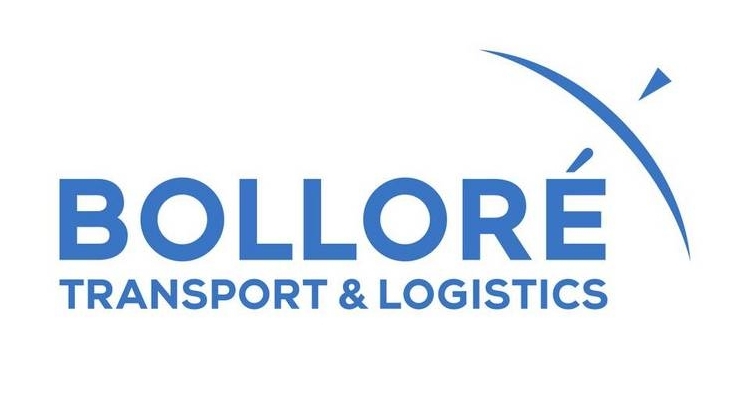Bollore Logistics & Transport Intelligence partner to administer a global survey with 422 logistics' professionals
Bollore Logistics and Transport Intelligence recently joined forces to administer a global survey with 422 professionals (shippers, service providers and financial institutions) shedding light on the impacts of the Covid-19 crisis on the supply chain and future structural changes in the medium term.
Administered in July and August 2020, the survey confirms that for 72 percent of respondents the Covid-19 crisis will shape the global supply chain on a lasting basis. Thirty-one percent said that the remoteness of supply areas and their concentration in a limited number of countries could be reconsidered. However, 61 percent of respondents believe that the crisis will not call into question globalization as a business model.
The survey also reveals that the pandemic has heightened trends have emerged in recent years. These include the importance of real-time visibility of goods flows for increased responsiveness to unforeseen incidents (76 percent), the introduction of greater supply and flow-planning flexibility (64 percent), and sustainable development as a key performance criterion in logistics solutions (67 percent).
“To control risks as part of the new situation created by the global pandemic, we are harnessing our capacity for resilience to foster the competitiveness of our customers internationally and to ensure supply-chain continuity. We are supporting our import and export customers in the recovery of their businesses by focusing on three objectives: the robustness of our transport plans, secured by alternative solutions; agility, with strong local expertise and empowered teams; and sustainability, by proposing eco-responsible solutions,” said Thierry Ehrenbogen, CEO of Bollore Logistics.
The survey results also highlight the positioning of Bollore Logistics, which more than ever is asserting its “People Powered Innovation” brand positioning by investing over the long term in the company’s digital transformation while placing people at the center of its development strategy.














